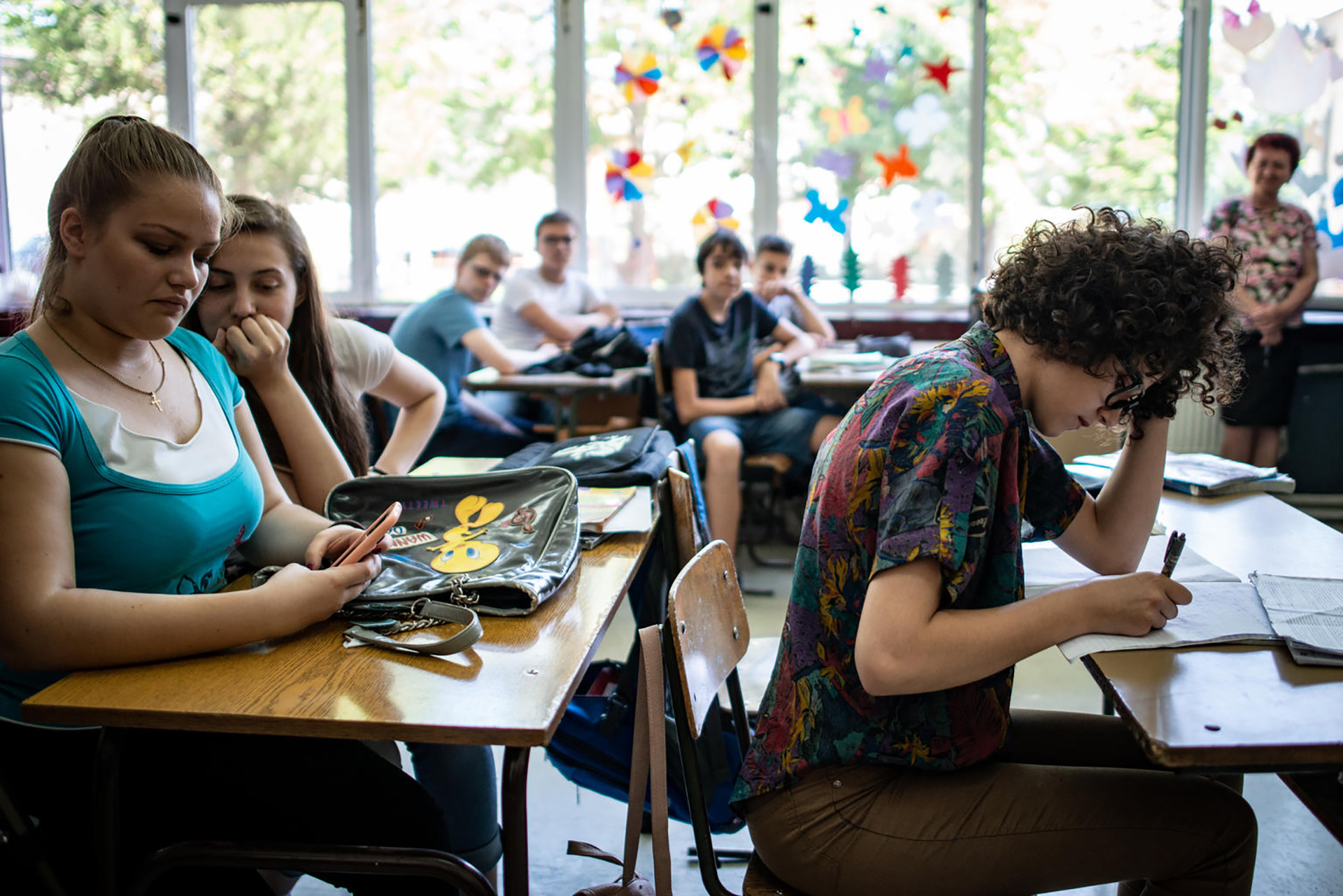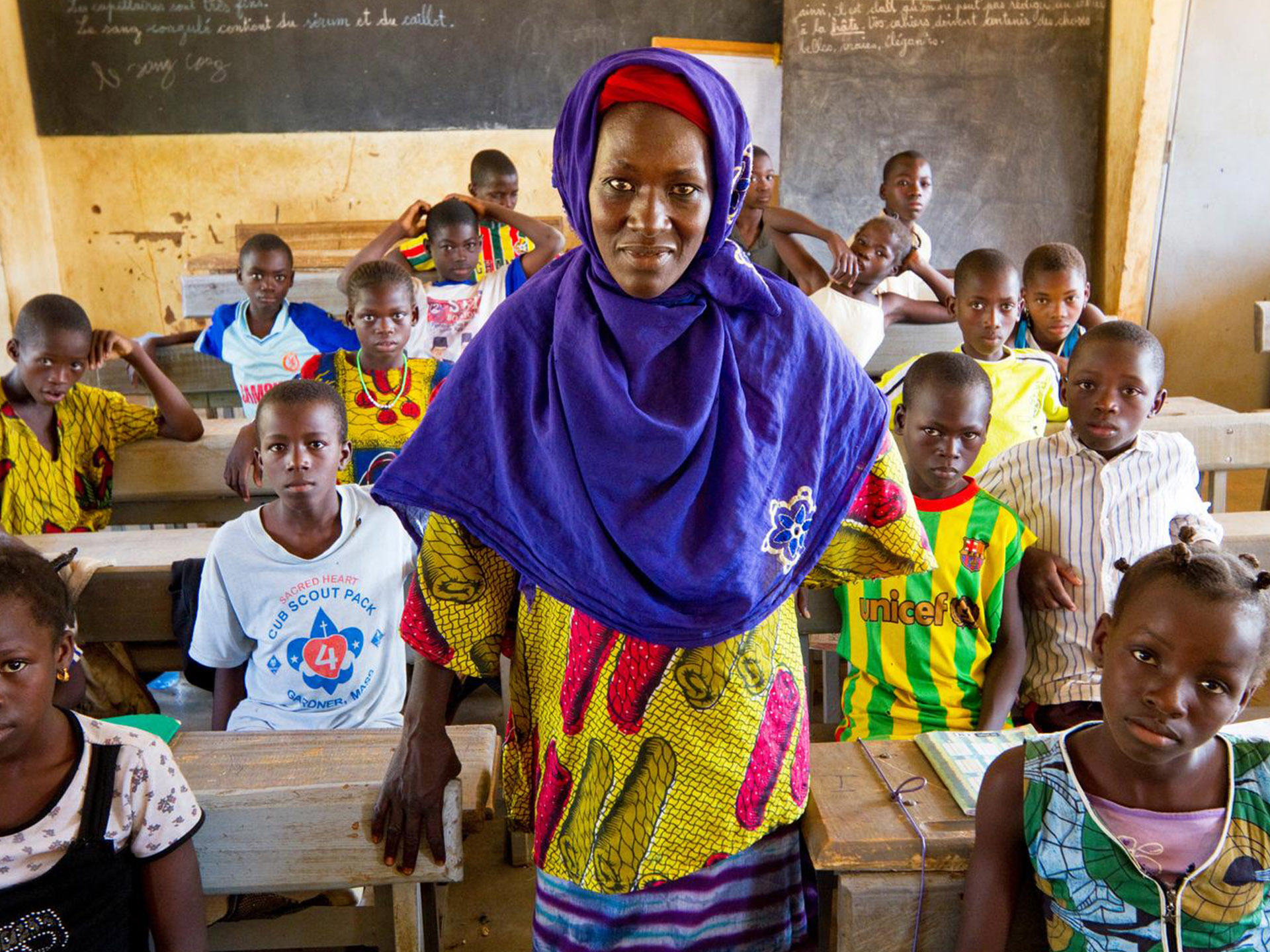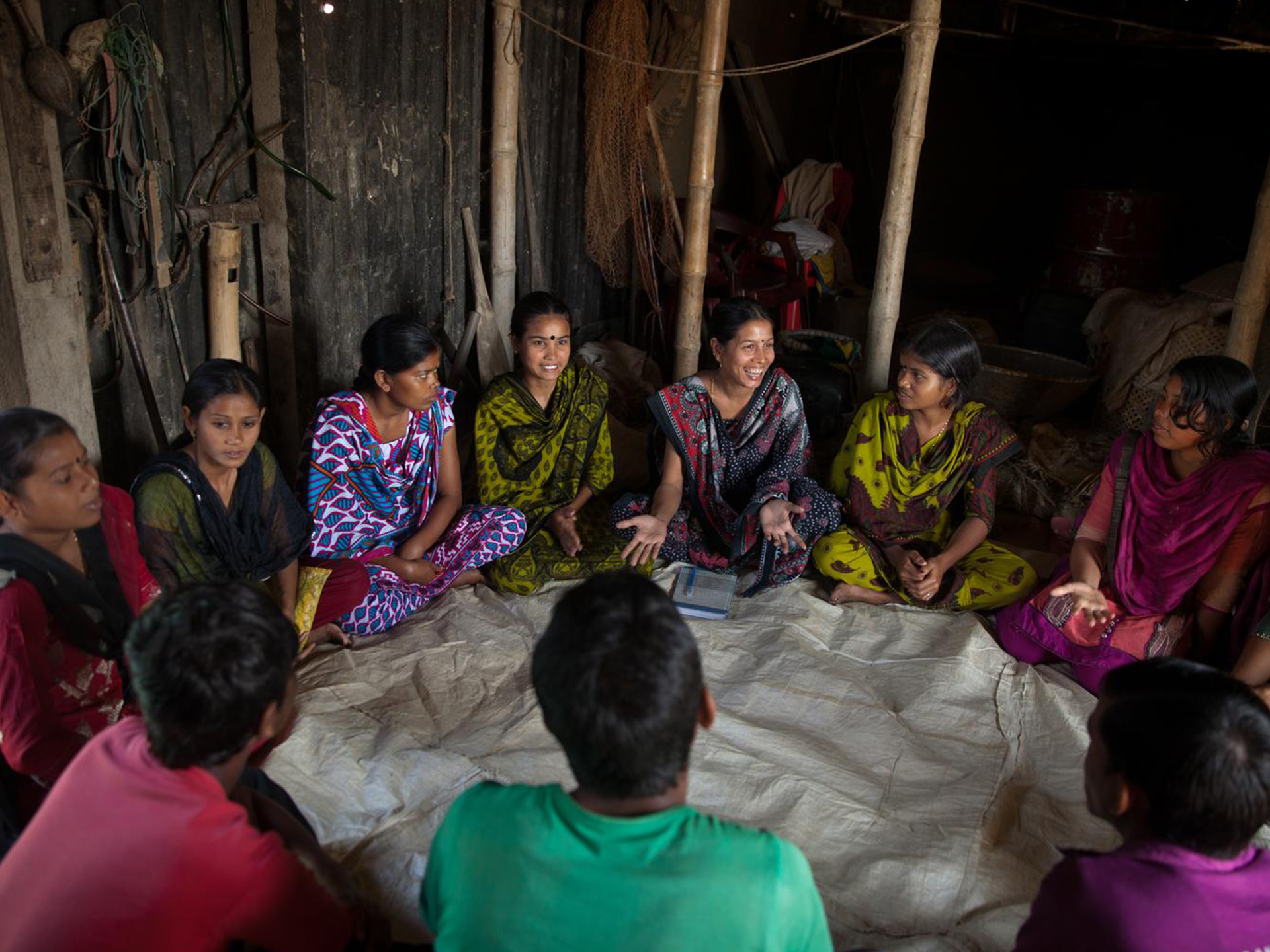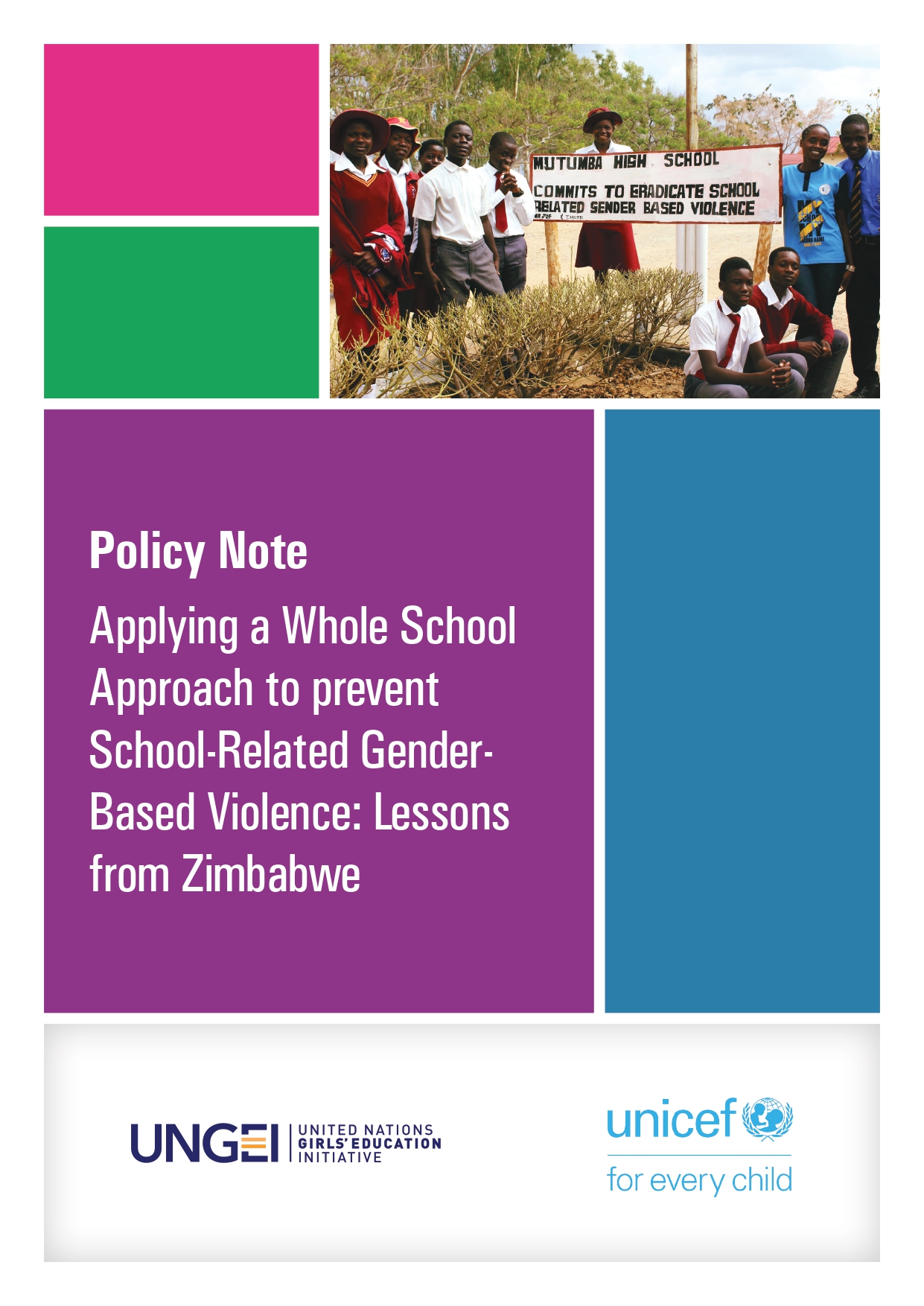Together we can end gender-based violence in schools
16 Days of Activism
Launching today: 16 Days of Activism Against School-Related Gender-Based Violence. This year’s campaign explores a 'whole school approach’ to tackling SRGBV, culminating in the release of a series of briefs and an open letter appeal to the countries of the world. Join us in learning how we can work together to find solutions to tackle this global crisis.
16 Days of Activism Against Gender-Based Violence is an annual global campaign designed to mobilise action to end gender-based violence (GBV) in all its forms. The campaign runs from the 25 November to 10 December. School-related gender-based violence (SRGBV) is defined as ‘acts or threats of sexual, physical, or psychological violence occurring in and around schools, perpetrated as a result of gender norms and stereotypes and enforced by unequal power dynamics.’
Millions of children are affected by violence in and around schools every year. Girls are particularly vulnerable. SRGBV negatively impacts the ability of children to get to and from school, attendance rates, learning outcomes and can lead to higher rates of school drop-out. Identifying, responding to, and preventing SRGBV is therefore critical to advancing gender equality in education as well as the Sustainable Development Goal 4 target of ‘safe, inclusive and gender-sensitive learning environments.’

Developed by UNGEI through the Global Working Group to End SRGBV, our publication A Whole School Approach to prevent and respond to SRGBV: minimum standards and monitoring framework provides guidance for policy makers and practitioners in developing strategies to address school violence. The model is based on eight evidence-based standards drawn from approaches identified as promising practices for SRGBV prevention and response. Taken together, the following key elements represent a ‘whole school approach’ (WSA) to tackling SRGBV:
- Effective school leadership and community engagement to create safe, gender-sensitive learning environments
- Establishing and implementing a code of conduct
- Capacity building of teachers and educational staff support
- Empowering children on child rights, participation and gender equality
- Improving reporting, monitoring and accountability
- Incident response
- Strengthening safe and secure physical environments in and around schools
- Engaging parents
Over the course of this 16-day campaign UNGEI and partners will unpack each of these eight key elements through a digital advocacy campaign. Inspired by dialogue across digital channels and discussion fora, both in person and online, a global writeshop will be convened on Human Rights Day (10 Dec) leading to the creation of an open letter. Produced collaboratively, the letter will appeal to the countries of the world to take a number of key actions in order to make schools safe and gender-sensitive learning environments.
The fight to end SRGBV must continue beyond these 16 Days. Therefore, marking a new phase of the campaign to #EndSRGBV, on 10 December UNGEI and partners will also release a series of six advocacy briefs featuring case studies on promising practice for tackling SRGBV. Each brief brings together the latest learning and evidence on how to prevent and respond to SRGBV, providing a framework for further advocacy, activism, and action against violence in schools.


